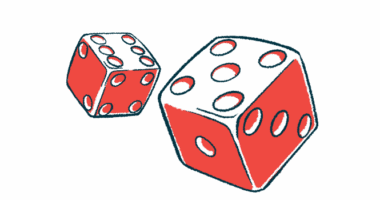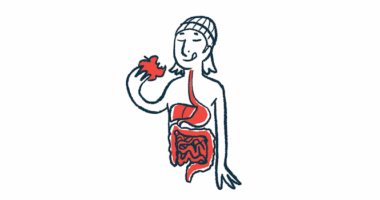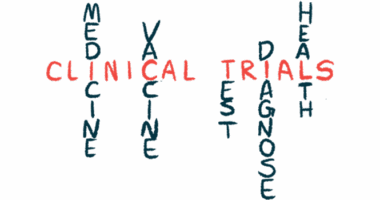Your Gaucher disease care team: Who’s on it and why it matters
Last updated Sept. 5, 2025, by Roslyn Marano
Managing Gaucher disease often involves coordinating many aspects of your child’s care, including finding and leaning on their care team.
Because the condition can affect multiple parts of the body, finding the right specialists — and making sure they work well together — is an important step in helping your child live as fully and comfortably as possible.
Why a multidisciplinary team is needed
Gaucher disease affects more than one system of the body, so it rarely falls under the care of a single doctor.
A multidisciplinary team makes it easier to address the range of symptoms and complications that may come up. Coordinated care helps ensure that each specialist understands your child’s needs and that treatment plans don’t conflict.
It also gives you a clear path for asking questions and receiving guidance without repeating your story multiple times.
Who may be on a Gaucher disease care team
Every child’s team may look a little different, depending on their age, symptoms, and health goals. Common specialists include:
- Geneticists: A geneticist can confirm your child’s diagnosis and explain inheritance, which can be valuable for family planning and long-term management
- Hematologists: These are blood disorder specialists who monitor blood health, including anemia, low platelet counts, and bleeding concerns.
- Pediatricians: Your child’s pediatrician will provide ongoing care, track growth and development, and help coordinate with other specialists.
- Physical therapists: A physical therapist may be brought in to design exercises to support mobility, joint strength, and pain relief.
- Social workers: A social worker can help connect your family with resources, counseling, and support services for daily life with Gaucher and any emotional challenges.
Depending on your child’s needs, you may also work with:
- Orthopedists for bone complications or joint pain
- Gastroenterologists for liver or spleen enlargement and digestive concerns
- Neurologists, if neurological symptoms are present
- Nutritionists to support healthy eating when appetite, growth, or digestion are affected
Questions to ask when choosing your care team
When meeting potential providers, you may want to ask:
- How familiar are you with Gaucher disease?
- How do you communicate with other specialists on the team?
- What role do you see yourself playing in my child’s care?
- How often should we expect check-ins or follow-ups?
- Are there support services for families that you recommend?
These questions can help you gauge how comfortable you feel with the provider and how well they’ll fit into the larger team.
Managing communication with your team
Good communication is the glue that holds your child’s care together. Many families find it helpful to keep a notebook, binder, or digital folder of test results, appointment notes, and questions.
Some teams use shared electronic medical records or care coordinators who help organize updates. Don’t hesitate to ask providers how to reach them and how quickly you can expect a response.
Why the right team matters
The right care team does more than manage symptoms: it helps your child and your family feel supported and understood.
Trust, communication, and a shared approach to treatment can make navigating Gaucher disease less stressful. With a comprehensive care team in place, you can feel more confident making decisions and focusing on your child’s daily well-being.
Gaucher Disease News is strictly a news and information website about the disease. It does not provide medical advice, diagnosis, or treatment. This content is not intended to be a substitute for professional medical advice, diagnosis, or treatment. Always seek the advice of your physician or other qualified health provider with any questions you may have regarding a medical condition. Never disregard professional medical advice or delay in seeking it because of something you have read on this website.
Recent Posts
- Strength training with Pilates while living with Gaucher disease
- Anti-inflammatory drugs treat lung issues in baby with Gaucher disease
- Why do some Gaucher patients face Parkinson’s disease risk?
- Breastfeeding has been a beautiful challenge for me as a new mother
- Boy with Gaucher disease develops complication despite ERT treatment




